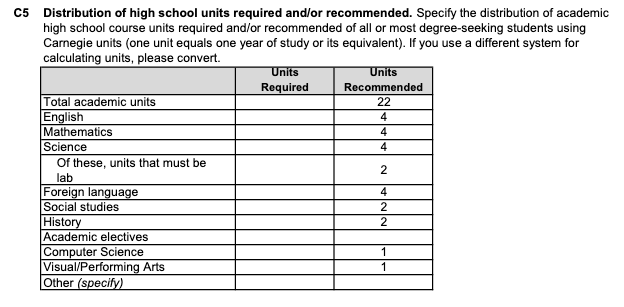Do employers really prefer to hire STEM graduates?
Last Updated on January 13, 2022 by Jill Schwitzgebel
The Washington Post just published an article that many parents of high school students will find interesting. Google, famous for hiring employees that majored in subjects like computer science and engineering, recently completed a detailed analysis, called Project Oxygen (more on their findings here), to determine what top qualities their most successful employees and teams have in common. STEM (Science, Engineering, Technology, Math) expertise came in dead last in importance. What came out on top? The “soft skills” like communicating and listening well, being a good coach, and possessing strong critical thinking skills. Being a STEM graduate did not matter.

Implications
American educational institutions have increasingly promoted STEM subjects. Some high schools go so far as to allow coding to be considered as a foreign language credit (no, most colleges do not accept that). A few lawmakers, in states like Kentucky and North Carolina, have actually proposed defunding non-technical majors in state universities. And because of that, many of us are guilty of seeing a glimmer of interest in science or math from our children, and immediately encouraging them to pursue a STEM major in college because we believe it is the only path to success after college these days. Personally, I have watched some of my children’s friends really struggle when they go to college with a STEM major, take a few classes, and realize that’s not what they truly want to do or what they excel in…but they feel it’s what they have to do to get a job because that’s how they have been “programmed” over the years.
This Google study clearly demonstrates that is not the only or necessarily the best path to success. This in no way denies the necessity of STEM skills in today’s society. And if your child has the interest and the aptitude, of course they should pursue a STEM major in college. But, this tells us that there are other ways to be successful.
Google isn’t the only company that has discovered that majors outside of the coveted STEM groups often produce the best ideas. In another recent survey of 260 companies, the NACE’s Job Outlook 2016, communication skills were among the most prized skills and survey respondents actually gave slightly greater weight to verbal skills and less to technical skills, as compared to previous surveys. That means that companies may find a History or English major just as appealing as a STEM major on the resume. So, there are other ways to success beyond the STEM fields – there is no reason to panic if your child does not seem destined to be a computer scientist or a chemical engineer..












